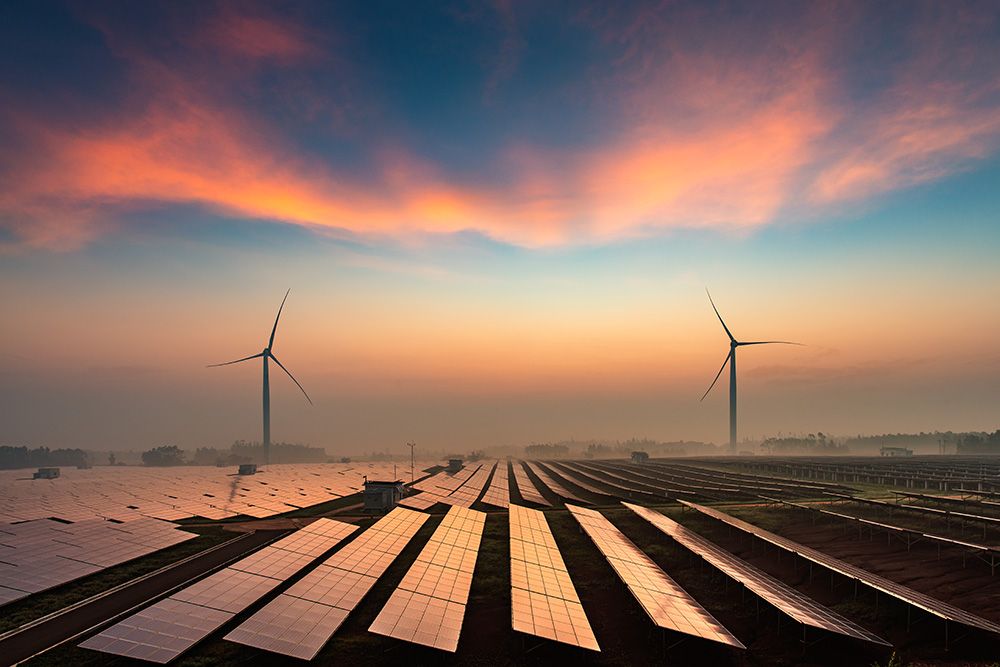GEMExpert – “Mobilize all renewable energies, not pit them against each other”

Interview with Carine Sebi, Associate Professor at Grenoble Ecole de Management (GEM) and chairholder of the Energy for Society Chair
 What is the main theme of the activity report you just published?
What is the main theme of the activity report you just published?
We present two key convictions. First: carbon neutrality by 2050 is unattainable unless we exploit all low-carbon energy sources — not just nuclear, but also wind, solar, biogas, and more. This is true even with significant efforts toward energy efficiency and sufficiency. Second: the number one obstacle in France is public acceptance of these renewable sources. They are increasingly met with opposition, citizen mobilizations, legal actions, etc., even though France is already lagging behind the rest of Europe.
We also highlight our research from recent years: media coverage comparisons between nuclear and onshore wind power, public opinion on wind energy and political affiliations, and the social acceptance of biogas projects. I’d like to stress that this is peer-reviewed academic research published in major international journals — not opinion pieces.
Download the full report in French Download the executive summary in French
Nuclear energy has seen a resurgence in recent years. Are we right to rely so heavily on it?
No single low-carbon energy source can be the solution. Each has its strengths and limitations — technical, economic, bioclimatic, etc. For example: wind and solar can be rapidly scaled up in a few years, but building a new nuclear reactor takes at least 15 years — it doesn’t meet the same timeline needs. On the flip side, it takes hundreds of biogas plants or wind turbines to produce the same output as a pair of EPR2 reactors, and they often face more opposition. The energy transition is a long-term process that requires nuance and deep reflection — not “for or against” stances.
Your report includes recommendations to support this transition…
Yes. For instance, we analyzed 70,000 articles on nuclear and wind energy published in the French press between 2005 and 2022. Over that period, media coverage tends to emphasize the strengths of nuclear while highlighting the shortcomings of wind. We advocate for more balanced and impartial media treatment. Other recommendations are aimed at local officials, project developers, and policymakers — they focus on improving the social acceptance of renewables, notably through business model choices and communication strategies.
What are the Chair’s plans for the coming years?
We are helping develop training programs based on our research and will be contributing with other academics to macroeconomic energy barometers — for example, on green reindustrialization. At the same time, we will continue our research on social acceptance and the energy sovereignty/supply security/decarbonization triad. We also hope to expand our circle of supporting partner companies.
The Publication
Social acceptance is a key issue in the energy transition. Significantly reducing our greenhouse gas emissions depends on strong citizen support for renewable energies. Through economic analysis tools and business model research, the Energy for Society Chair explores public perceptions, resistances, and motivations related to renewable energy.
Activity Report 2022–2025 in French – Executive Summary in French
Bio – In Brief
Carine Sebi is an Associate Professor of Economics at GEM and a member of the “Energy and Environmental Management” research team. She leads the Energy for Society Chair, which studies the public acceptance of new energy infrastructures (wind, biogas, etc.). Carine Sebi publishes both in academic journals and in the media.
Energy Programs at GEM

▶ MSc Energy Business & Climate Strategy
▶ MSc Management for Sustainability Transitions
▶ Advanced Master in Energy Transition Marketing

